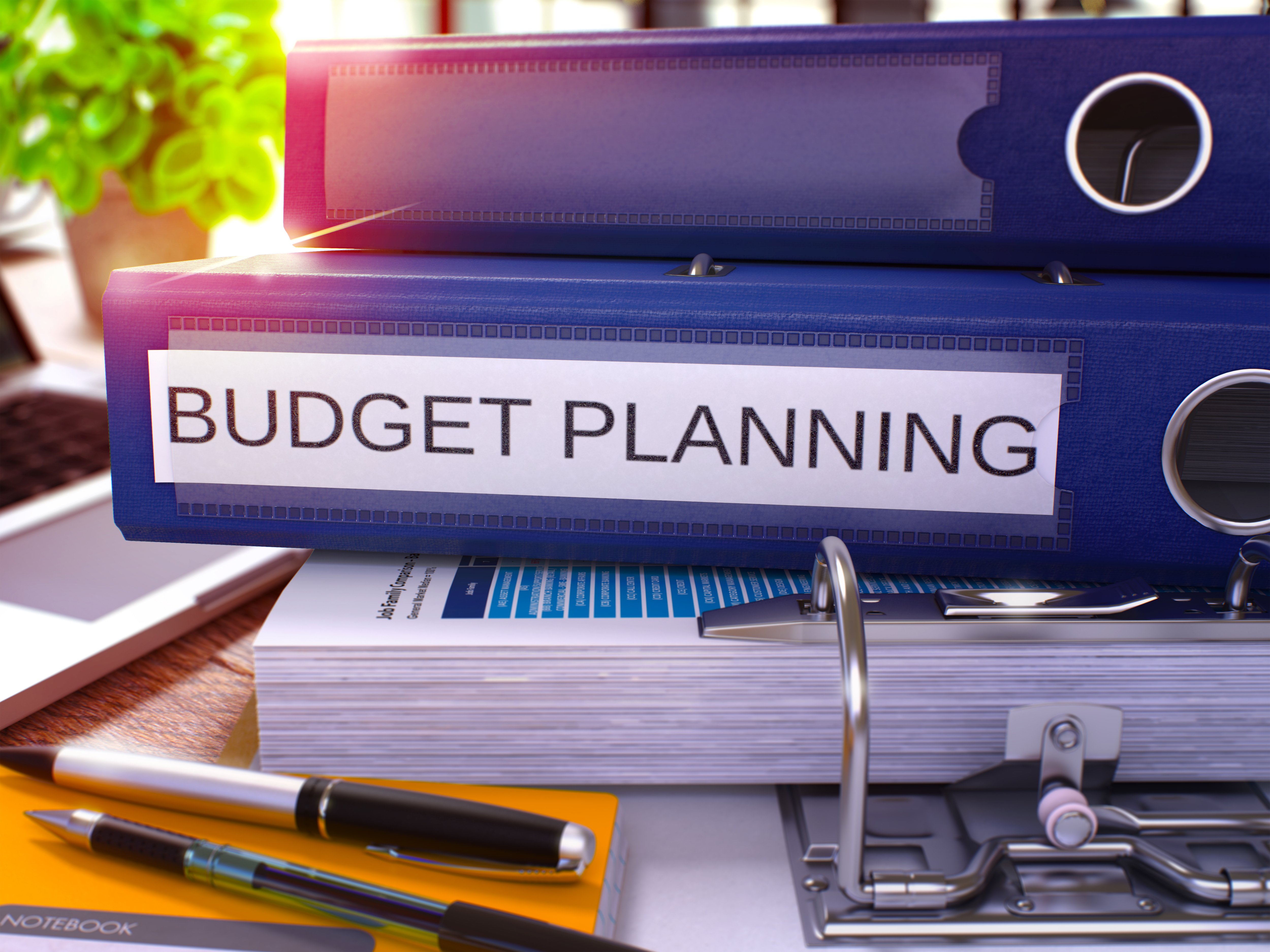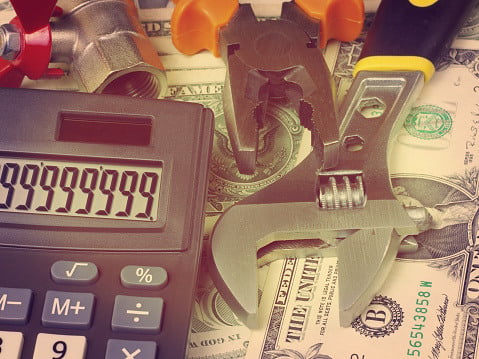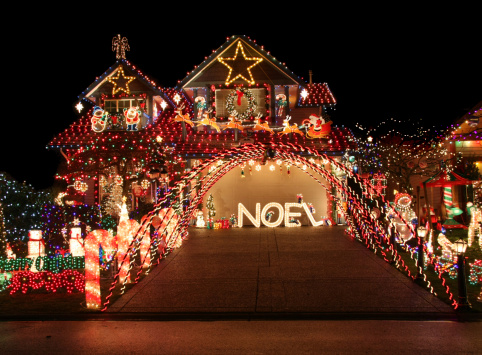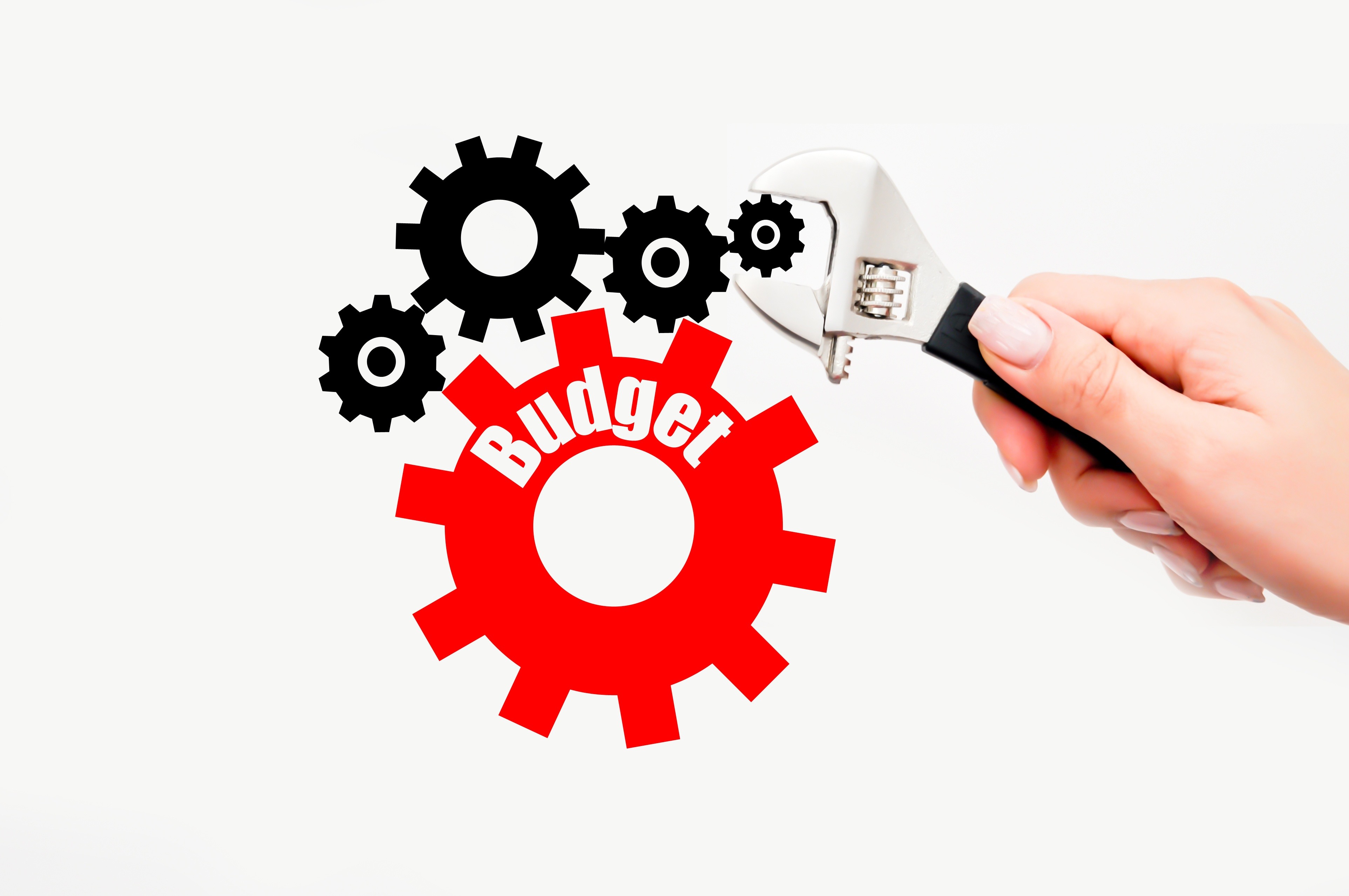 When it comes to the annual budget for your homeowners association, it can feel cumbersome to understand and plan. It can also seem like an overwhelming task because you just don’t have a lot of accounting knowledge.
When it comes to the annual budget for your homeowners association, it can feel cumbersome to understand and plan. It can also seem like an overwhelming task because you just don’t have a lot of accounting knowledge.
The budget planning process is a lot of work and a large responsibility for the HOA board to prepare. It’s a complex activity that has to start early so the budget can be finalized and approved prior to the beginning of the new Association fiscal year.
If your homeowners association budget operates on the calendar year, you should already be in preparation mode to allow for ample time to gather the needed materials, prepare disclosures, and get the proper approvals.
It’s wise for the HOA board to bring in a financial advisor to help oversee and assist with the following process:
- Appoint a budget committee to help with the tasks.
- Gather all financial information needed to project expenses for the coming year, such as a reserve analysis, bids for contracts, projections for utility or service increases, comparisons of past year’s budget trends etc.
- Examine all sources of income including HOA fees, interest on investments, proceeds from concessions or club operations and other types of miscellaneous income.
- Create a working draft of the budget by adjusting the expenses and income until they balance.
- When the HOA board, together with the financial advisor, has developed the best possible draft budget, the homeowners association sends it to every member for review and comment.
Whether your HOA budget operates on the calendar year or fiscal year, it’s recommended by ECHO that:
“You should begin researching and gathering information to prepare your next budget on the first day of your current fiscal year.
Every month your HOA prepares financial statements that become the basis for the future budget. Use these financial statements to your advantage. Prepare them with enough specificity that associations can analyze the information months later during budget time. For example, when your homeowners association has an unbudgeted expense, don't bury it in an inappropriate line item. It will only get lost at the next budget time. Try placing the expense in the appropriate category, regardless if there is an existing budgeted amount. When the new fiscal year comes around, you'll know where you need to adjust the budget.”
One of the reasons the homeowners association should start the process early is to allow homeowners plenty of time to study the budget, ask questions and offer comments. Based on homeowner comments, the Board and financial advisor revises the drafted budget as needed and then votes to approve the final budget.
The operating and reserve budgets are crucial components to the success of a homeowners association. If your HOA board would like help understanding and preparing budgets, contact The Hignell Companies.
At The Hignell Companies we have been helping HOA and Condominium boards to manage their properties effectively for over 30 years. We provide full Board Advisory and Accounting services to nearly 40 associations, ranging in size from 25 units to 2300 units. Our range of services can meet the needs that you have for accountability and service, and we ensure that everything we do is measured by our commitment to "Creating Caring Communities."








